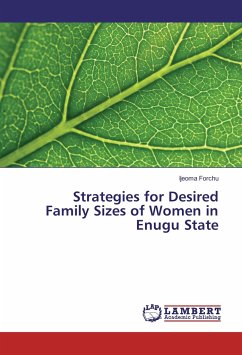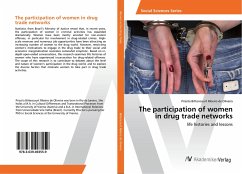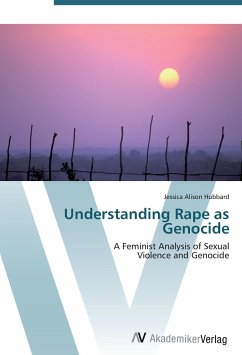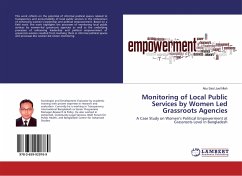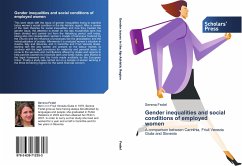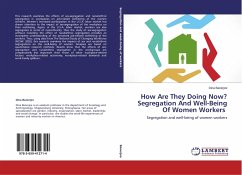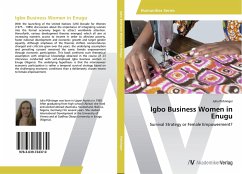
Igbo Business Women in Enugu
Survival Strategy or Female Empowerment?
Versandkostenfrei!
Versandfertig in 6-10 Tagen
27,99 €
inkl. MwSt.

PAYBACK Punkte
14 °P sammeln!
With the launching of the United Nations (UN) Decade for Women (1975 - 1985) discussions about the importance of integrating women into the formal economy began to attract worldwide attention. Henceforth, various development theories emerged, which all aim at increasing women's access to income in order to alleviate poverty, foster national development and economic growth and target gender equality. Although emphases of the theories shifted, nomenclatures changed and criticism grew over the years, the underlying assumption and prevailing consent remained the same: female empowerment through ec...
With the launching of the United Nations (UN) Decade for Women (1975 - 1985) discussions about the importance of integrating women into the formal economy began to attract worldwide attention. Henceforth, various development theories emerged, which all aim at increasing women's access to income in order to alleviate poverty, foster national development and economic growth and target gender equality. Although emphases of the theories shifted, nomenclatures changed and criticism grew over the years, the underlying assumption and prevailing consent remained the same: female empowerment through economic participation. This book confronts such theoretical assumption with empirical knowledge obtained in the course of 23 interviews conducted with self-employed Igbo business women in Enugu (Nigeria). The underlying hypothesis is that the interviewees' economic participation is rather a temporal survival strategy based on the challenging economic conditions than a deliberately chosen means to female empowerment.



